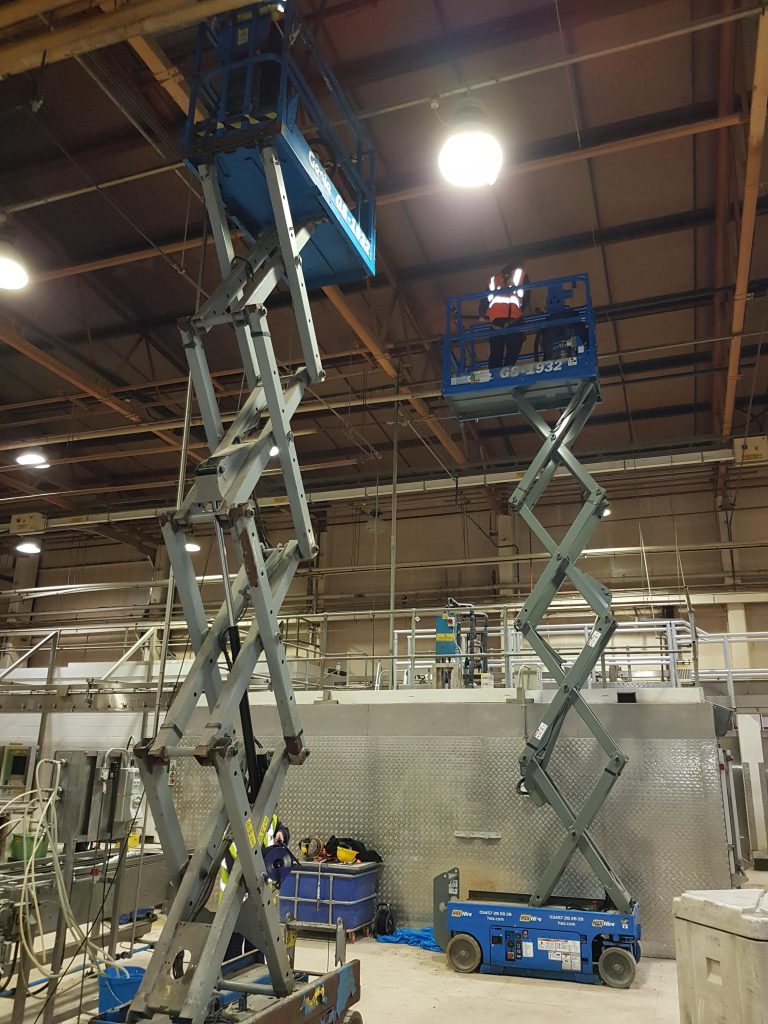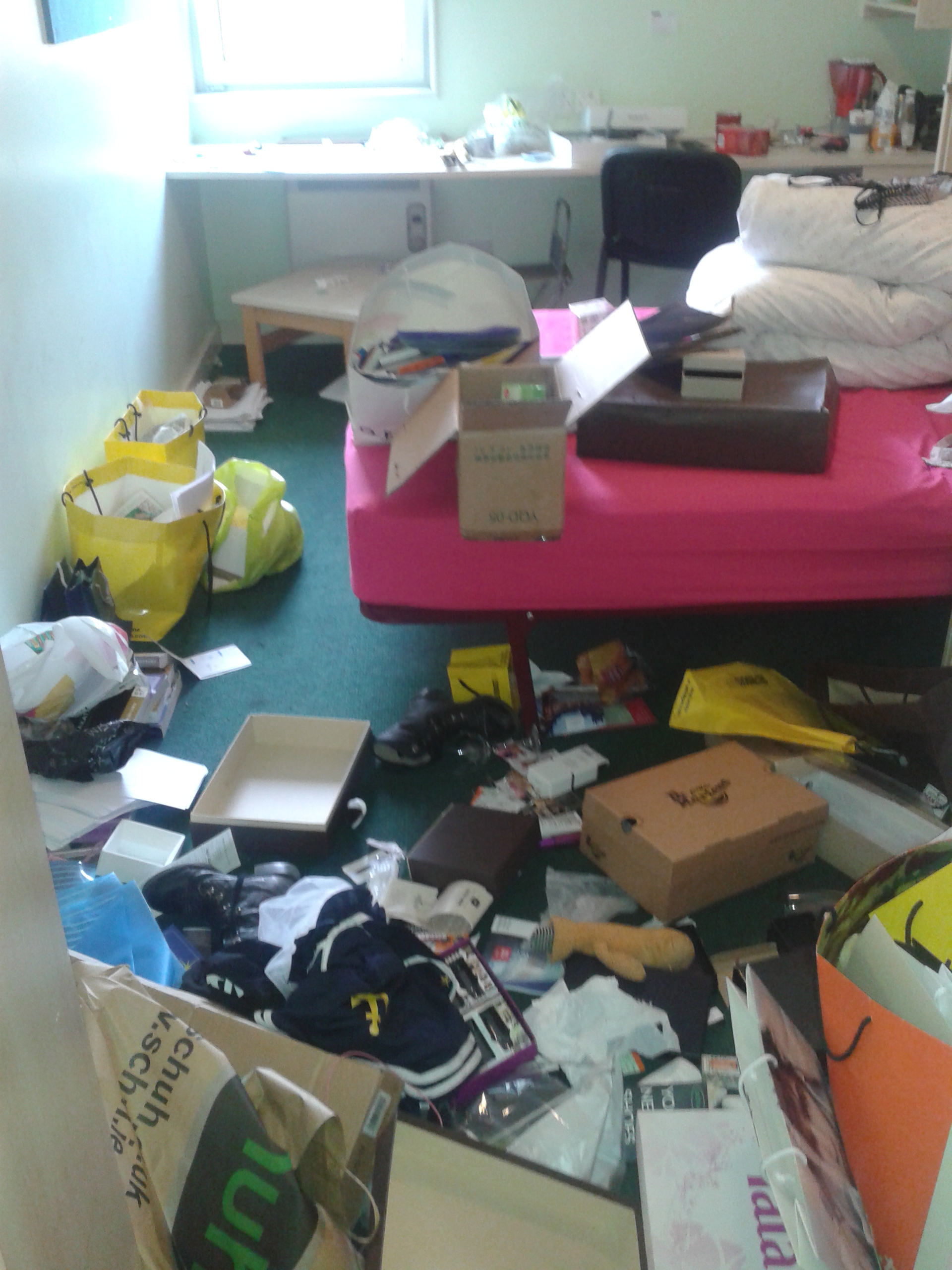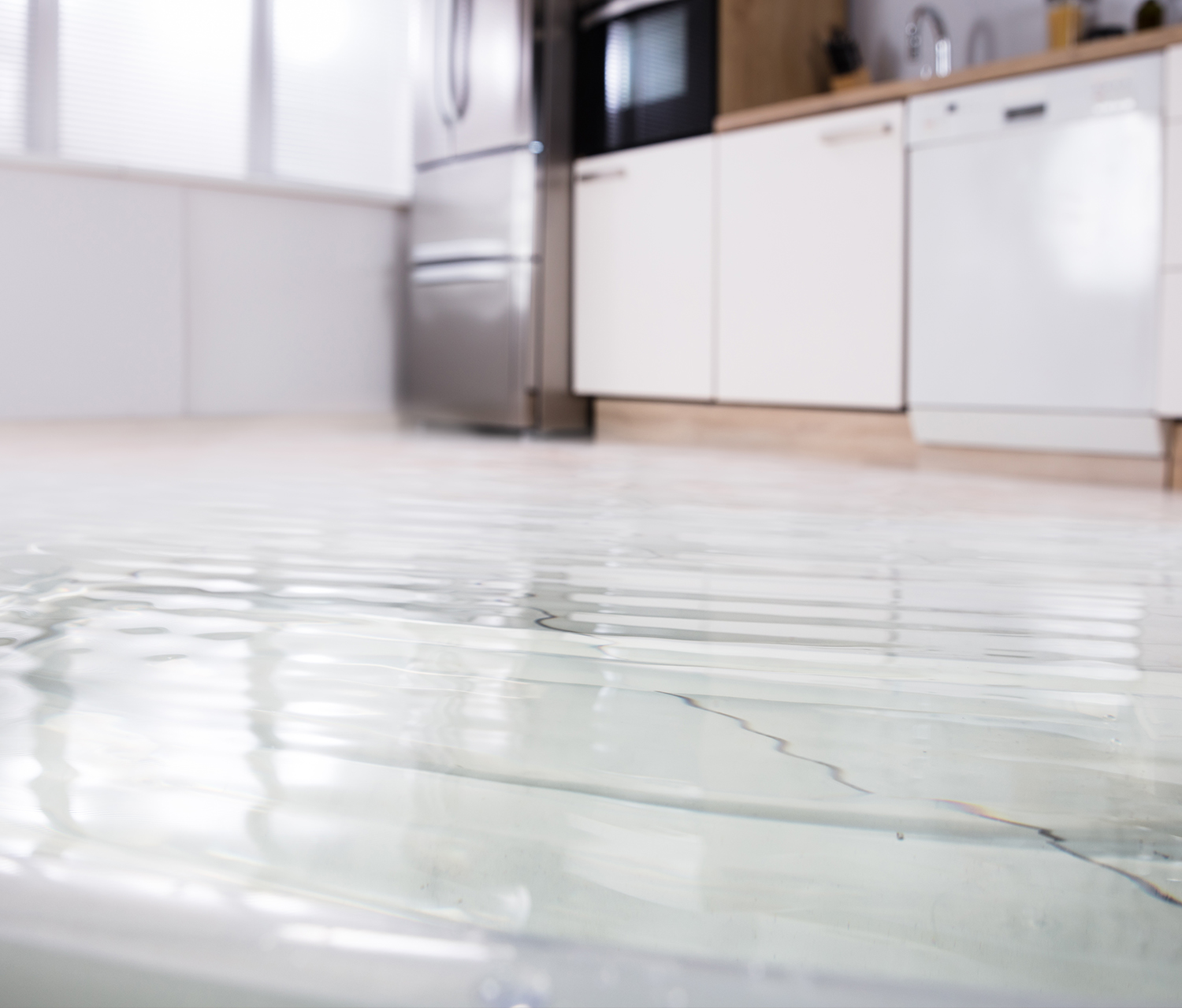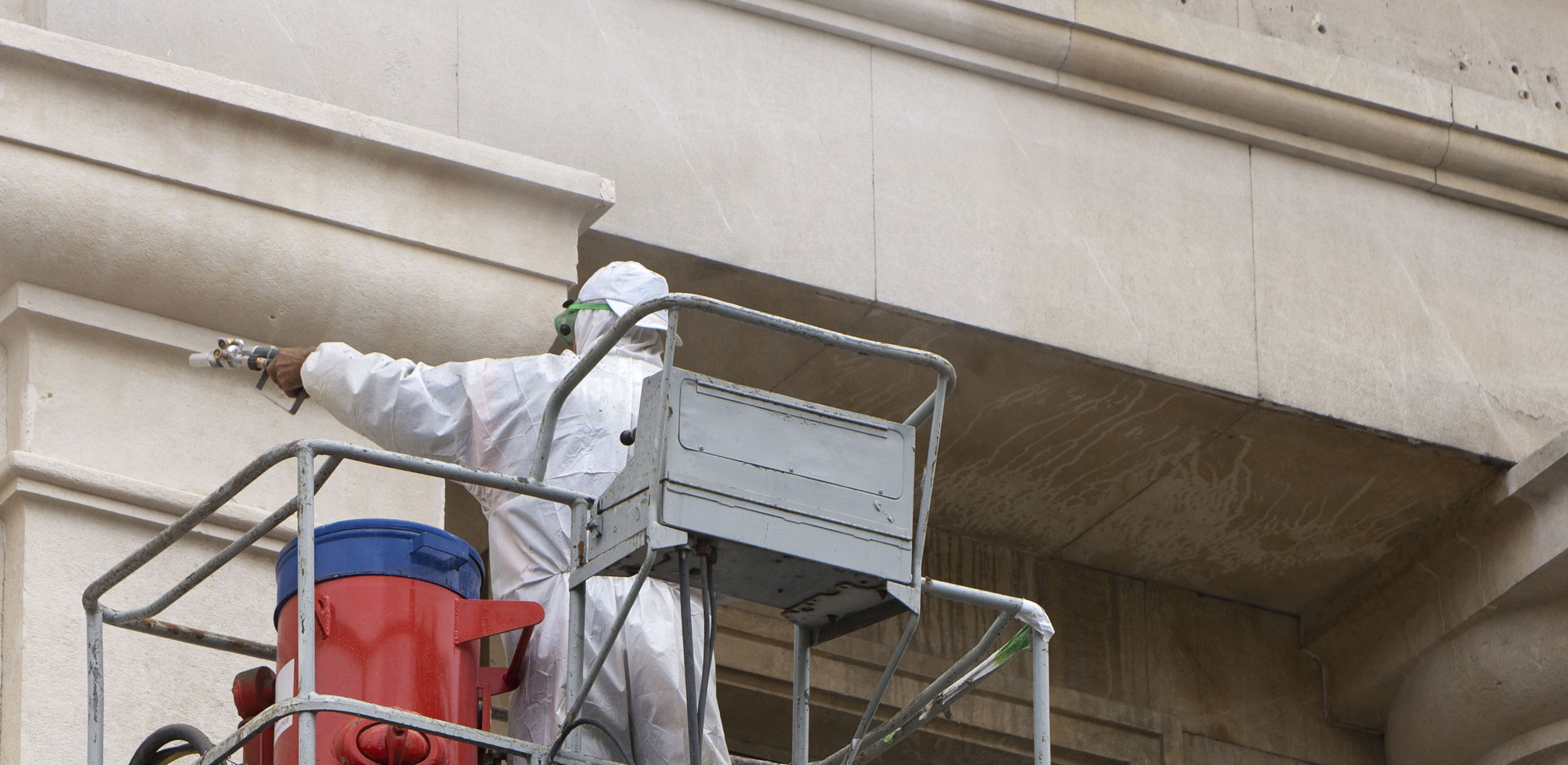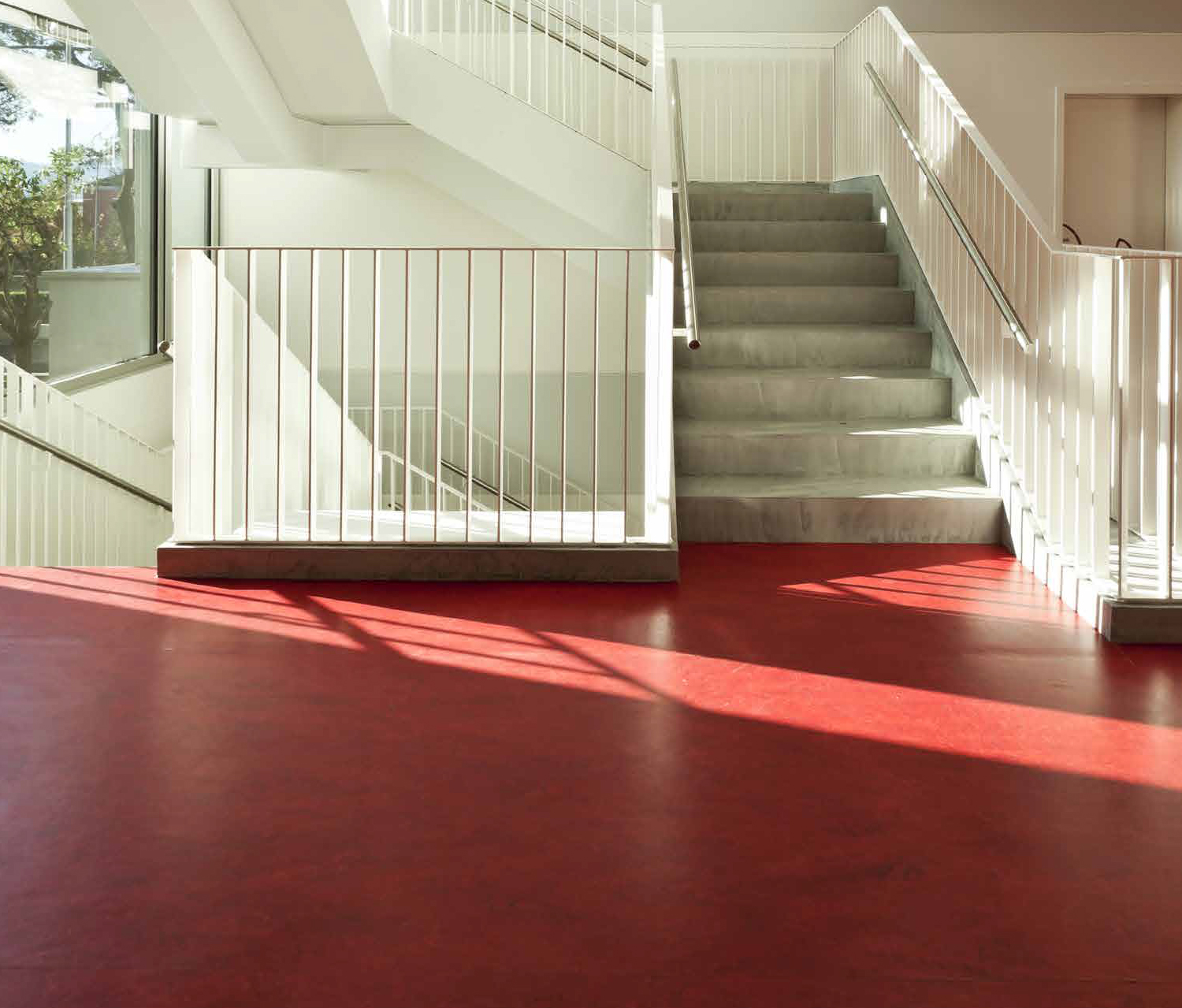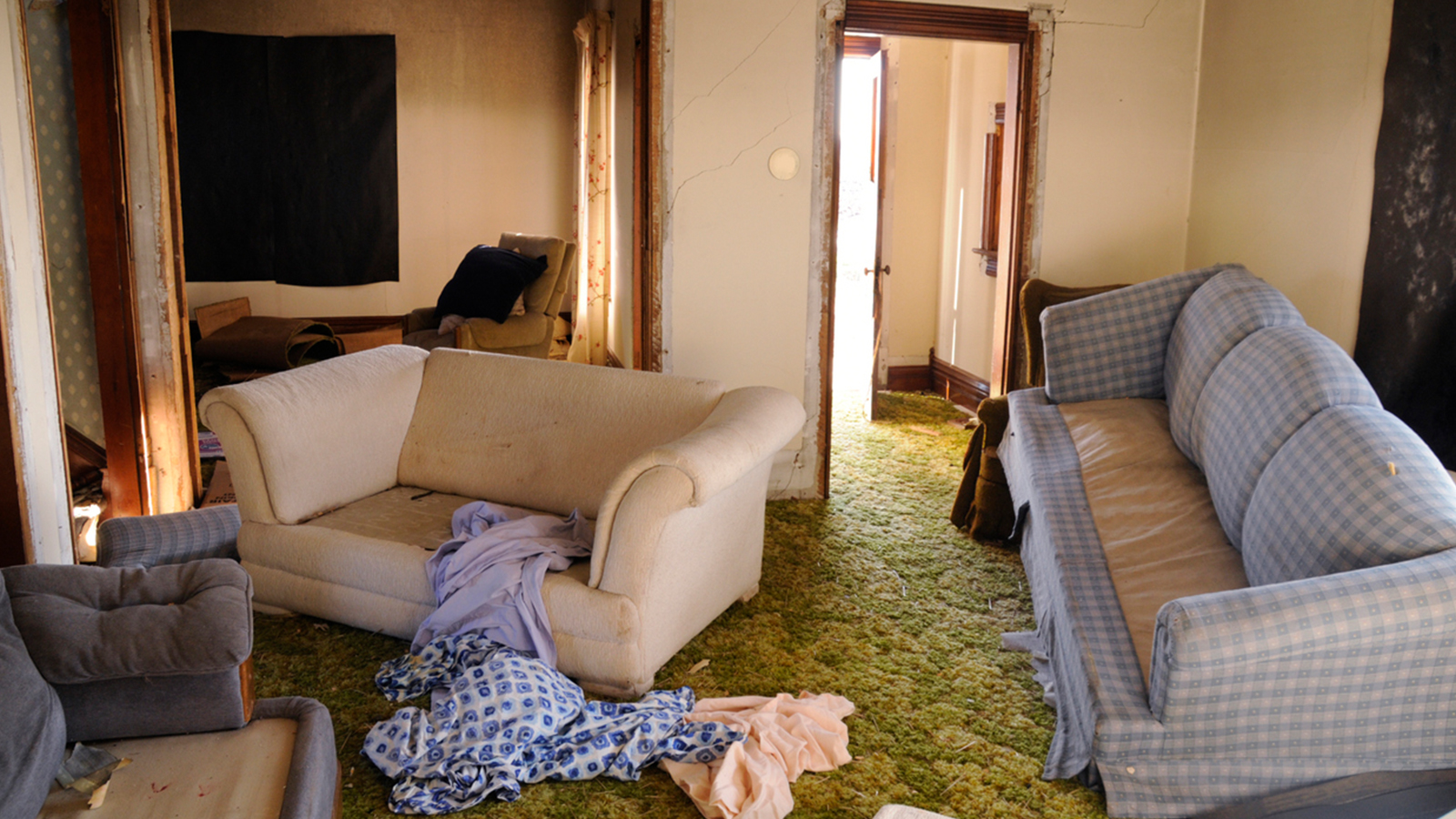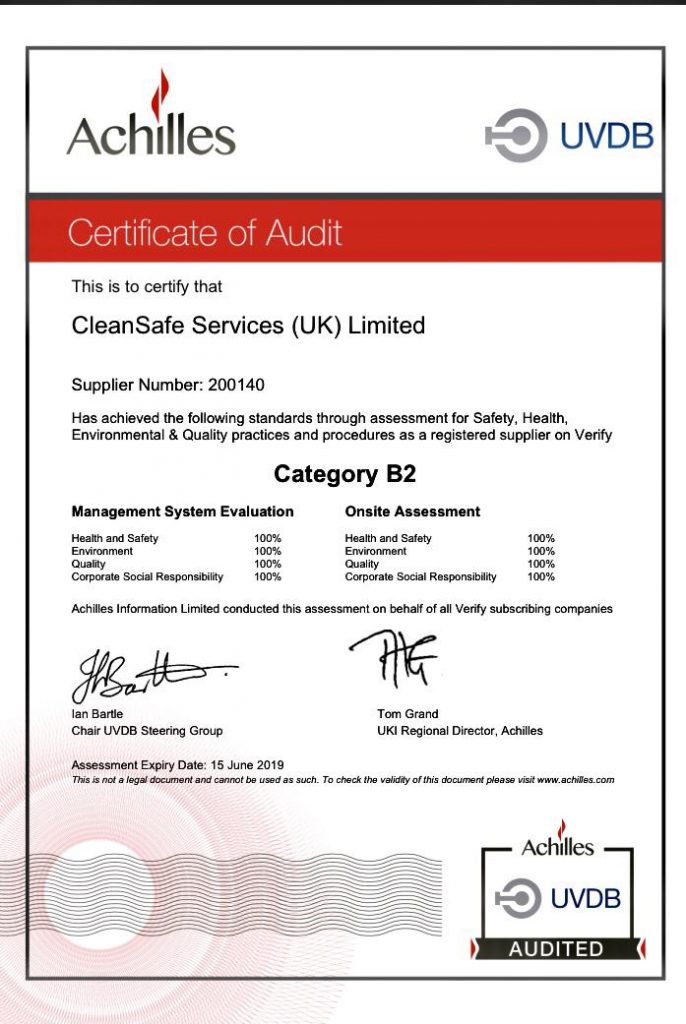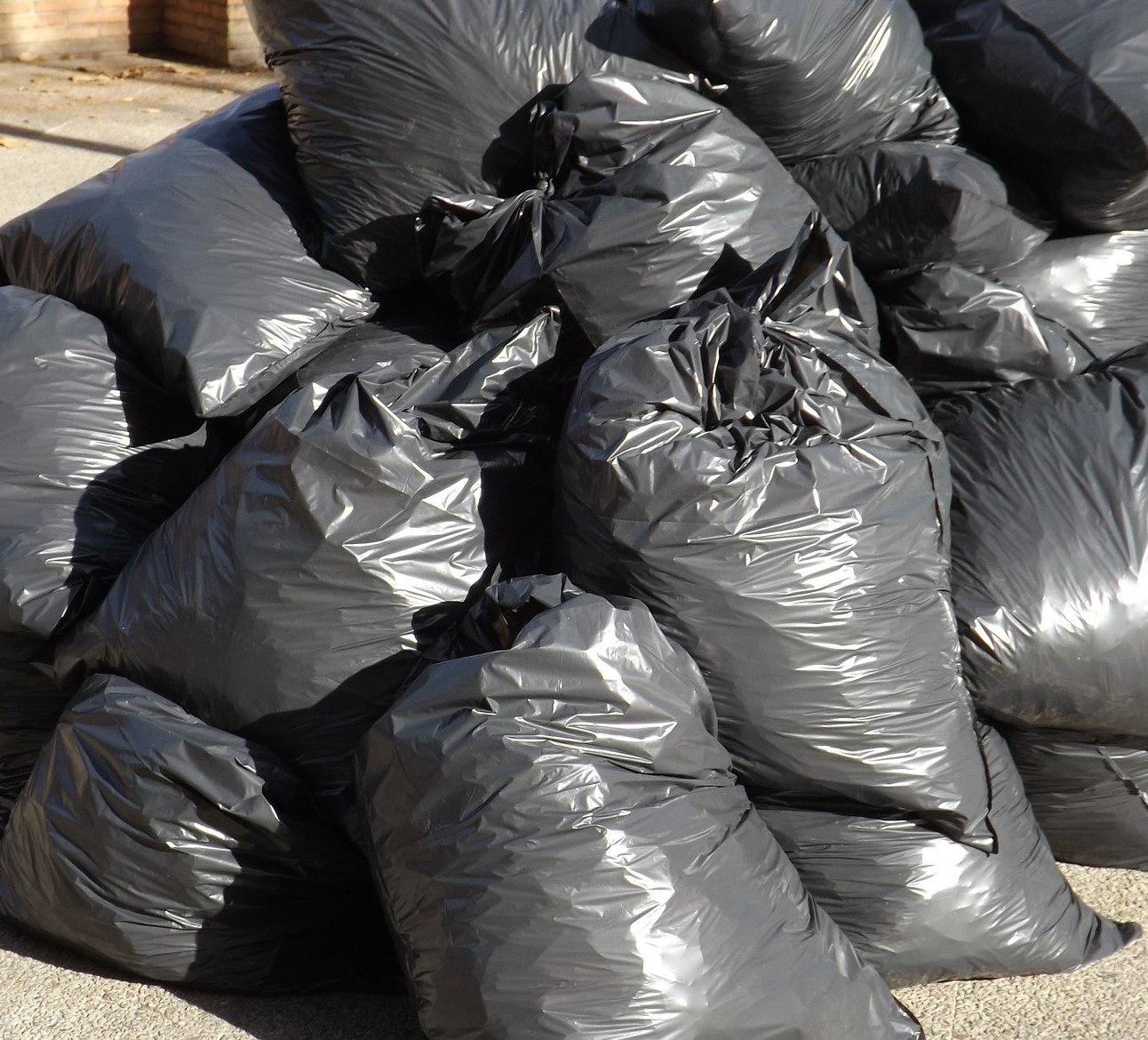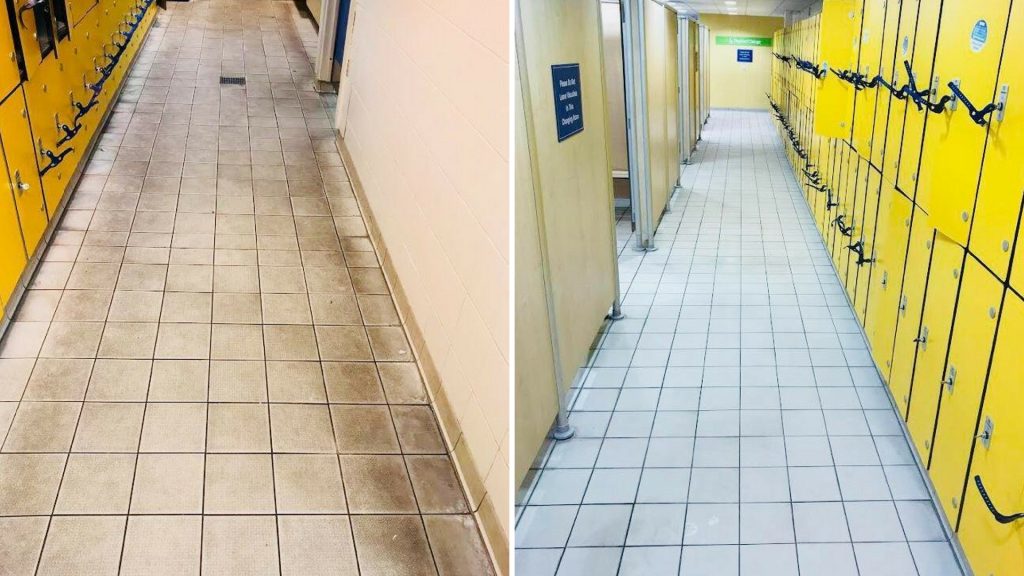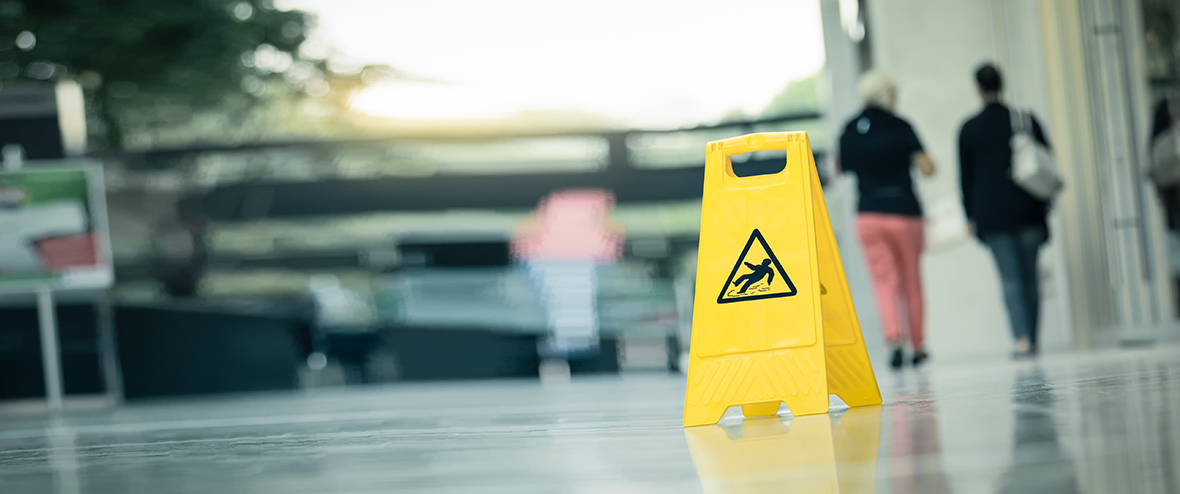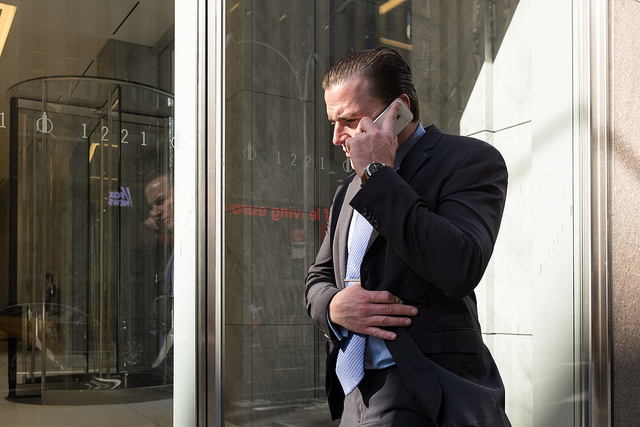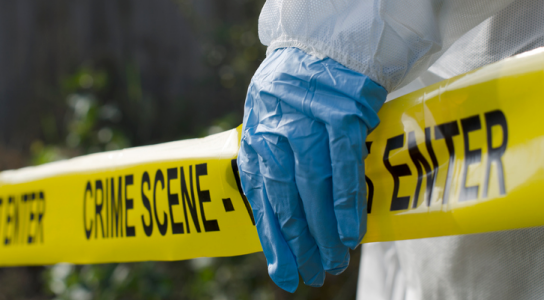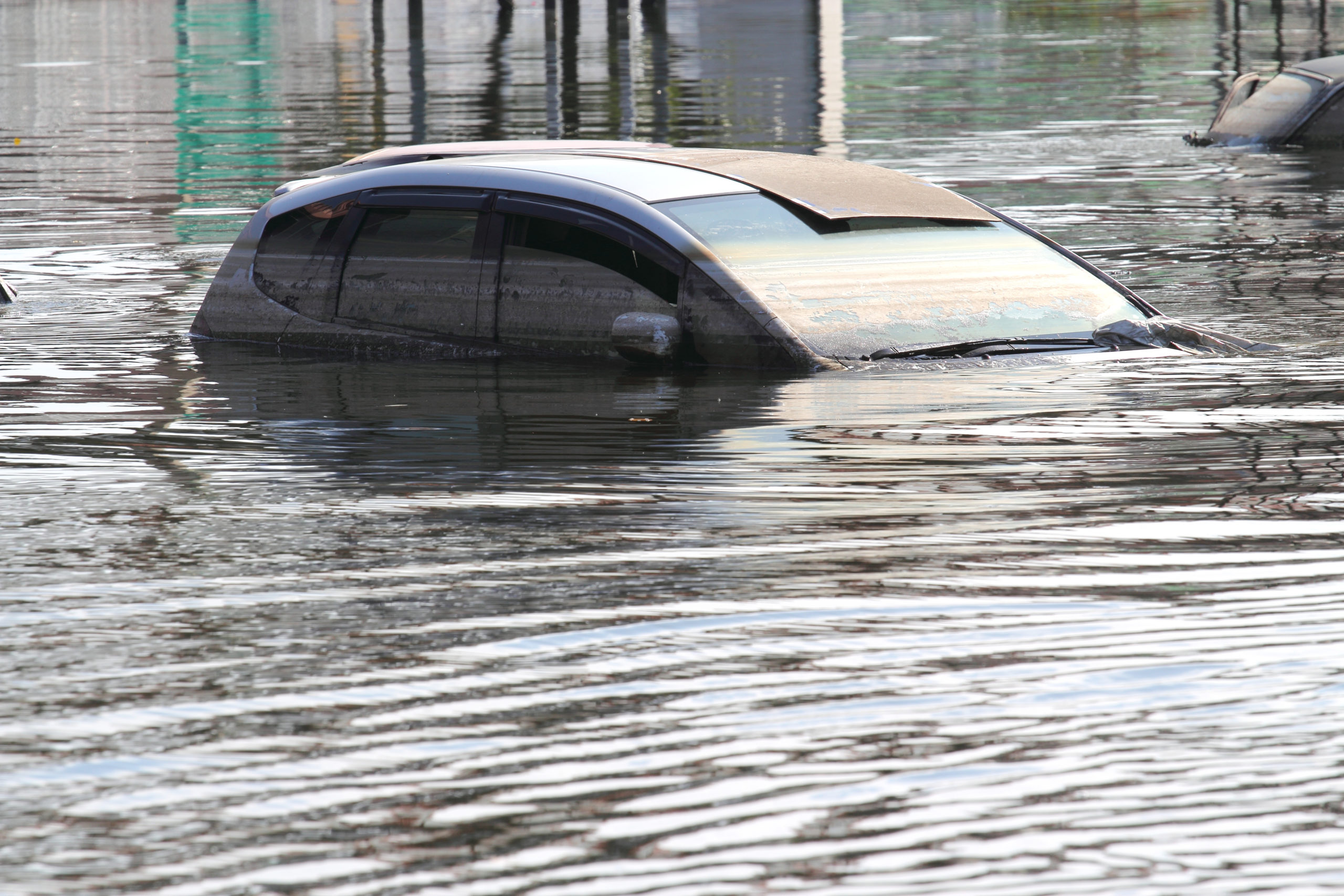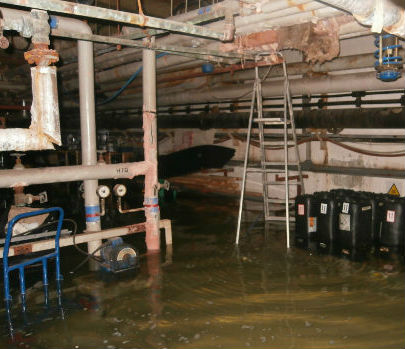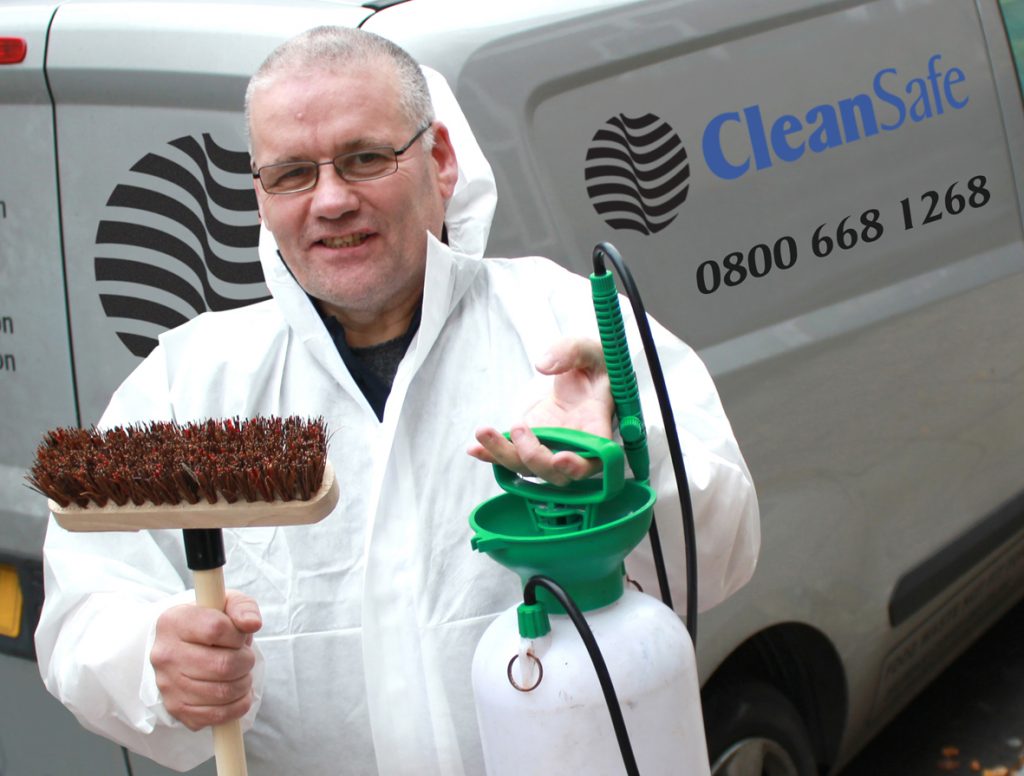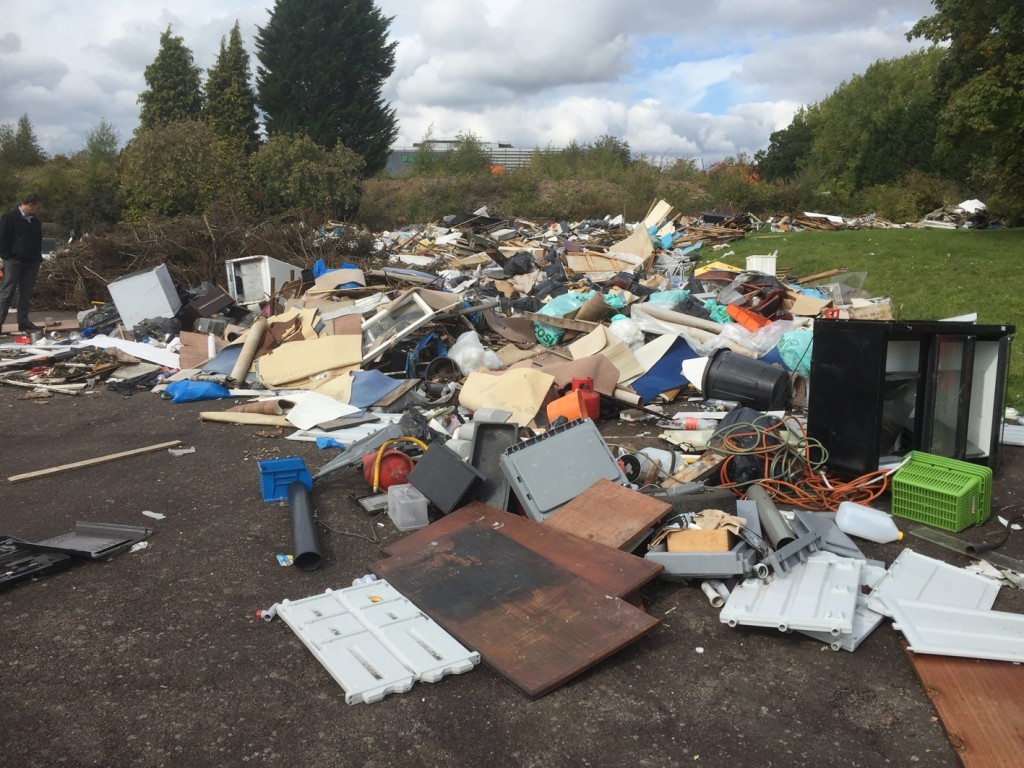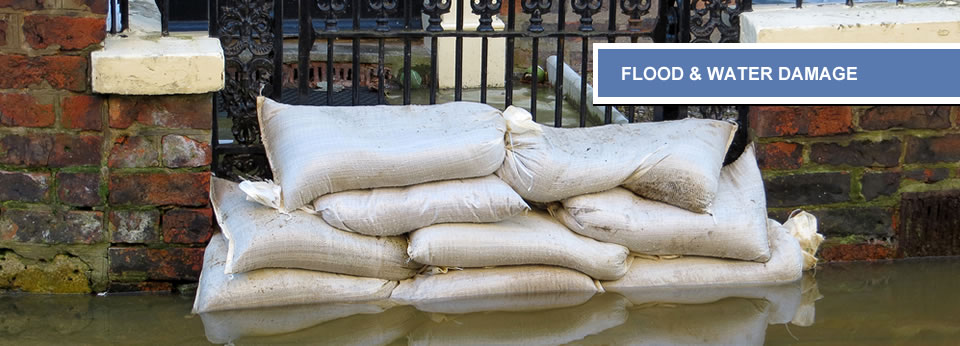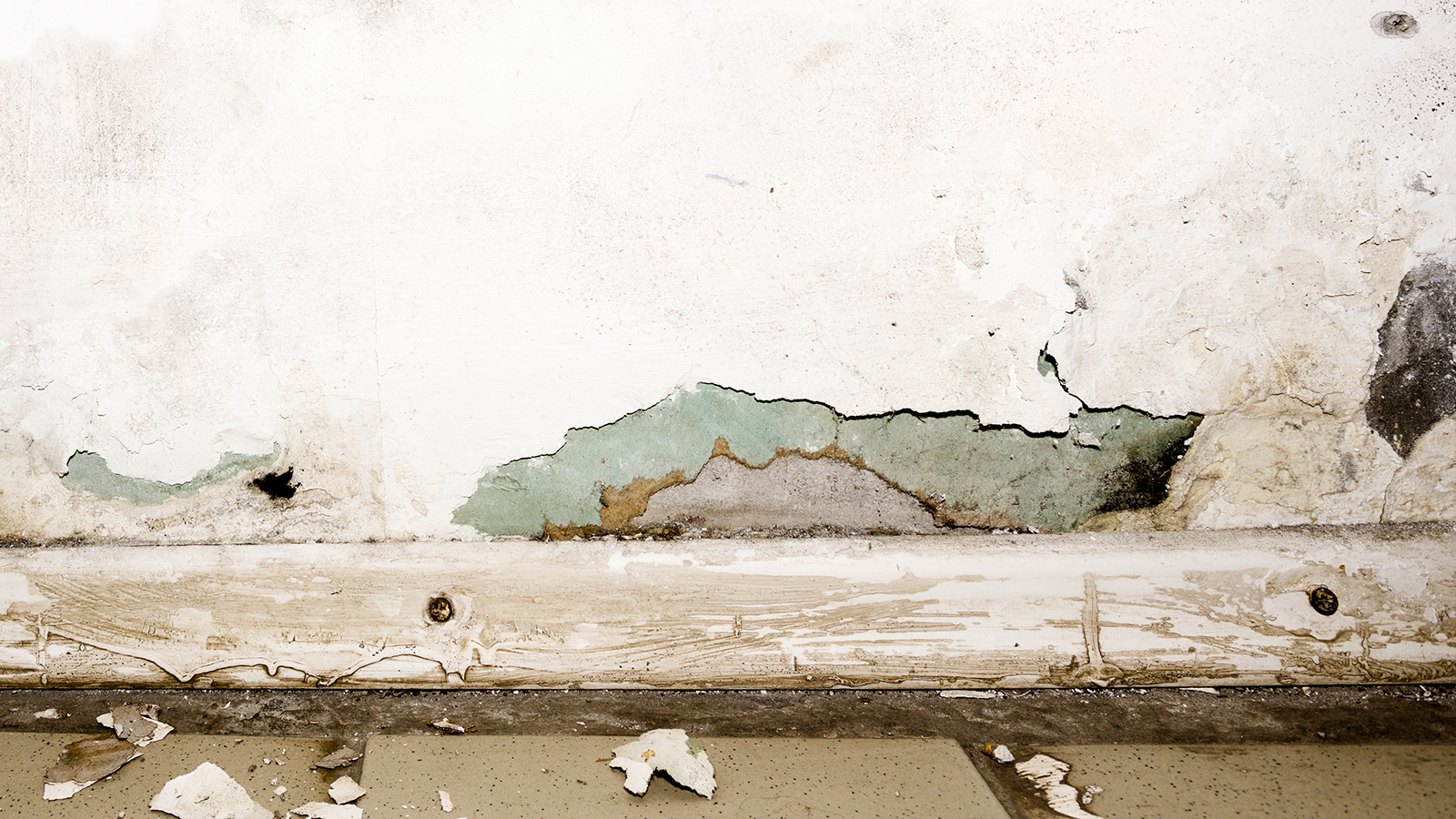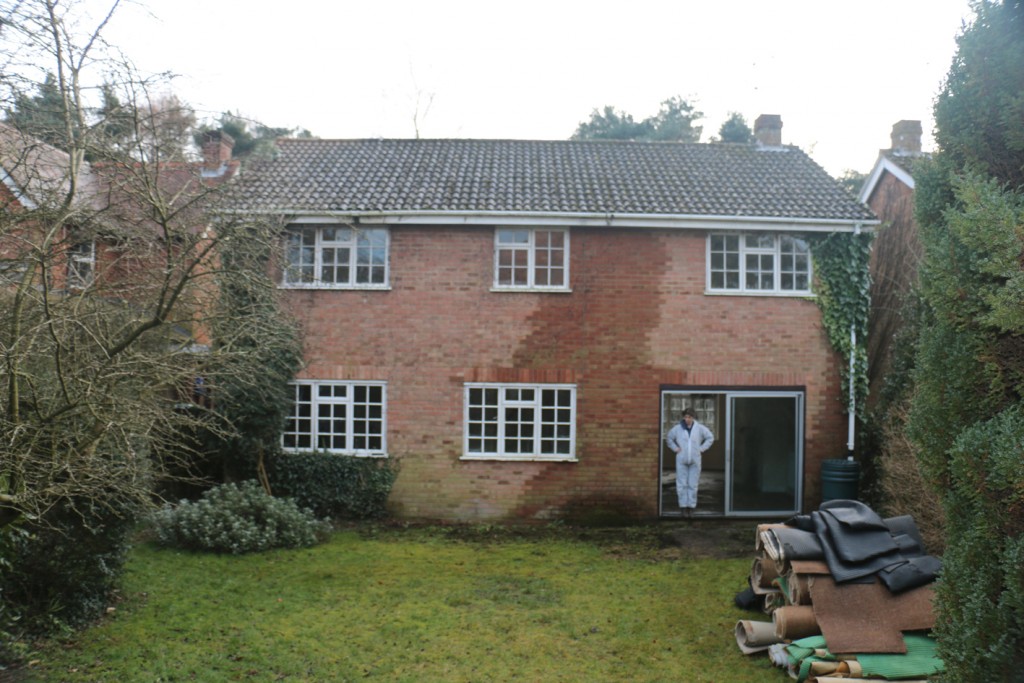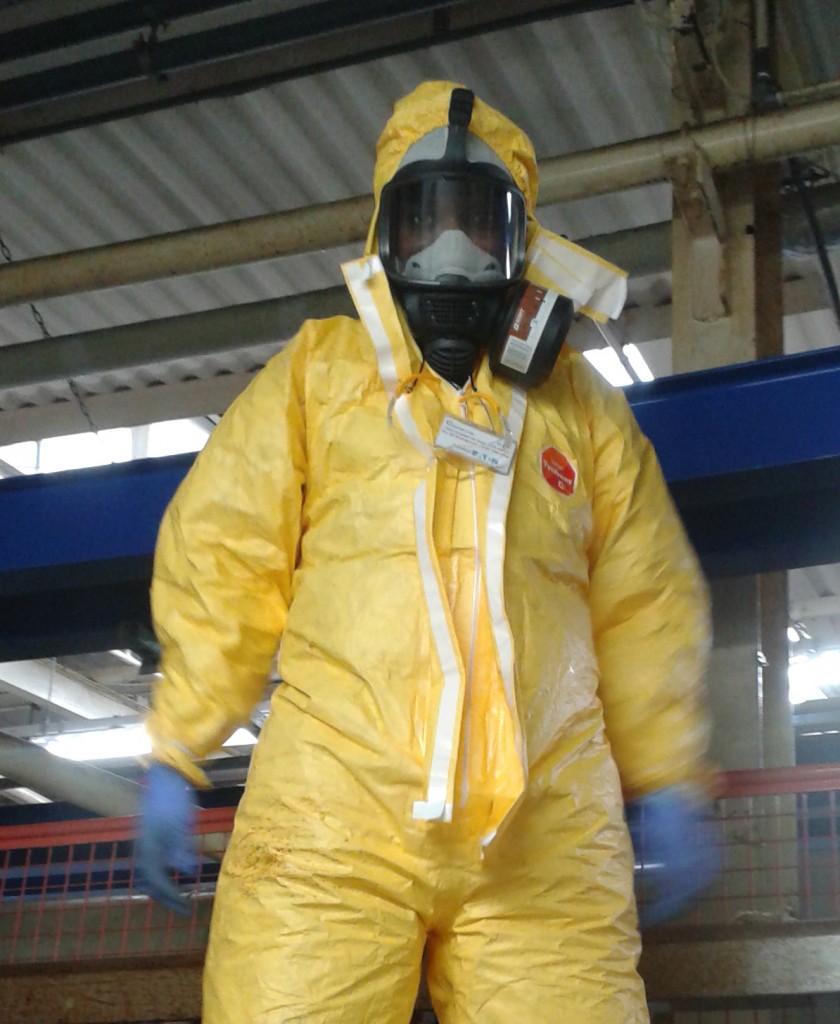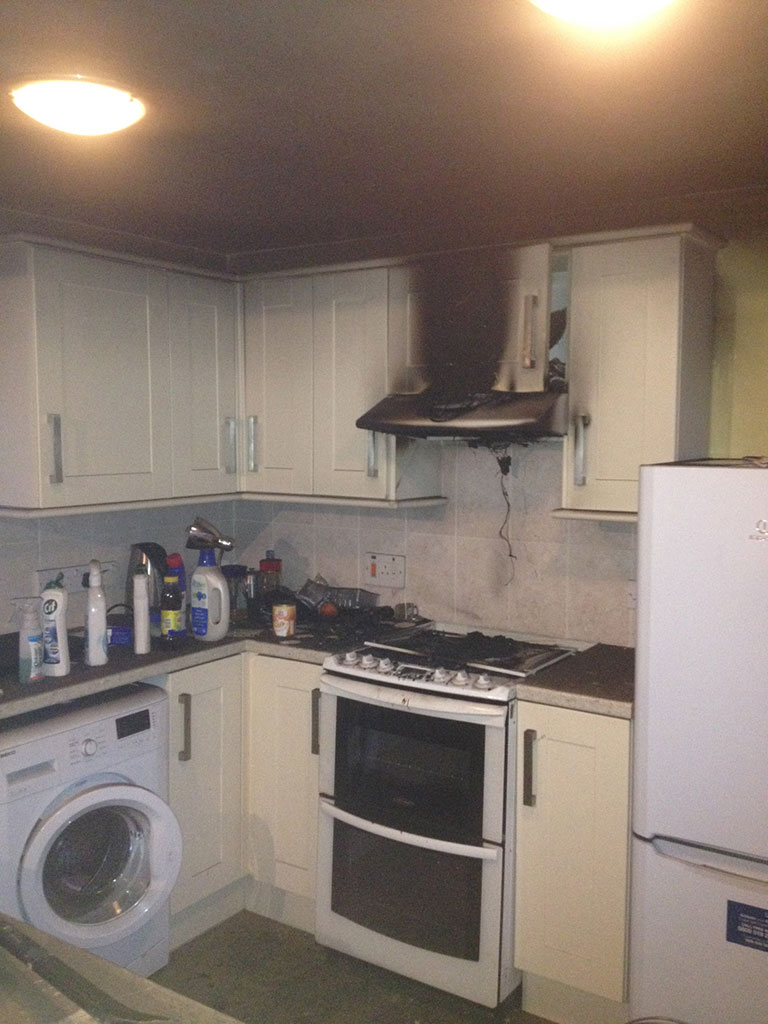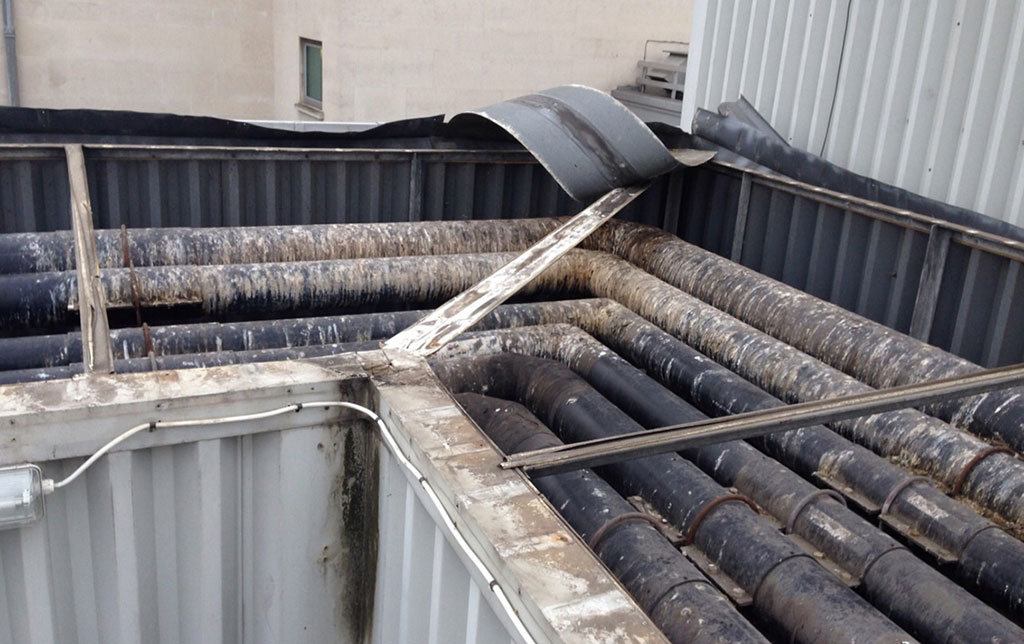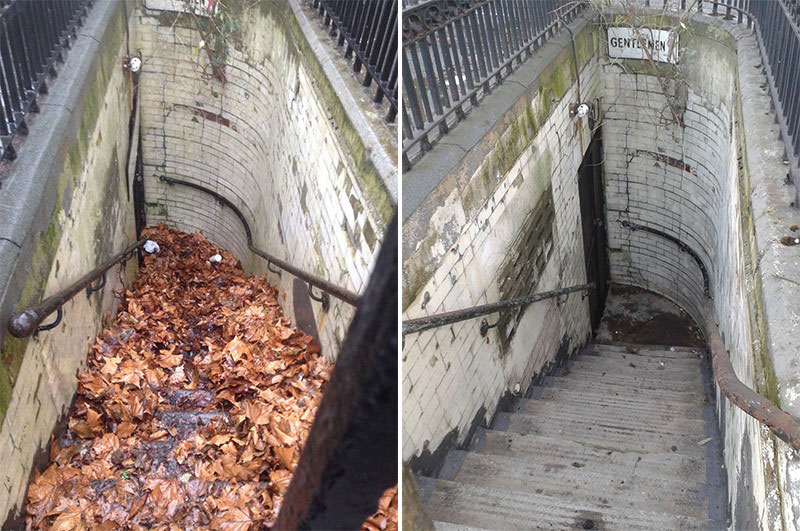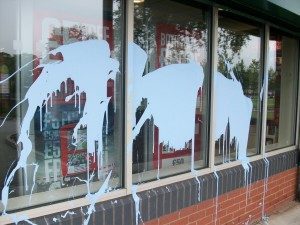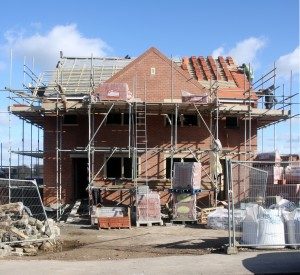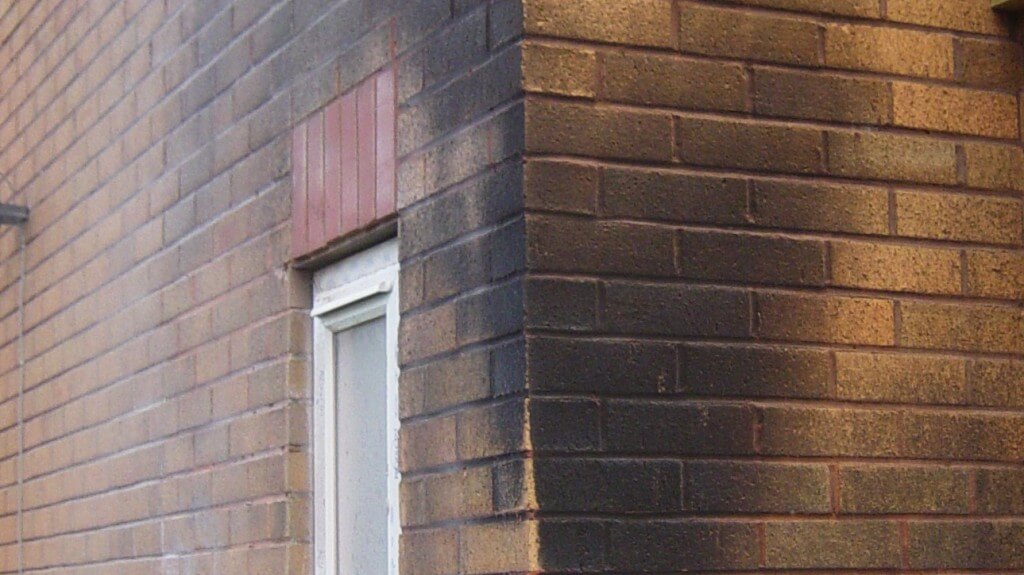 CleanSafe is leading flood recovery work at a London sports club after a pipe burst allowing a third of the water in its swimming pool to empty into the basement in a matter of minutes.
CleanSafe is leading flood recovery work at a London sports club after a pipe burst allowing a third of the water in its swimming pool to empty into the basement in a matter of minutes.
More than 200,000 litres of water drained from the 20 metre swimming pool at the Charing Cross Sports Club in Hammersmith, West London, before maintenance staff could stop the flow.
 CleanSafe, the UK’s leading emergency cleaning specialist, has put in place a range of flood damage restoration measures at the privately-run club on the site of Charing Cross Hospital.
CleanSafe, the UK’s leading emergency cleaning specialist, has put in place a range of flood damage restoration measures at the privately-run club on the site of Charing Cross Hospital.
These include removing the flood water, installing drying equipment, and sanitising and deodorising areas affected by the flood.
The extent of the flood damage meant the club, which has 2,500 members, was forced to close, but exactly three weeks after the incident, some services could be reopened.
Club Manager Tom Canning said: “The flood was like a tsunami. Within a matter of minutes, the basement, which is about the size of a football pitch penalty area, was up to four feet deep in water.
“The main electricity control panel was left under water, which meant we had no power supply. Staff changing rooms were flooded as well. “To be able to open some services three weeks after such a catastrophic flood has been a remarkable team effort, and CleanSafe’s contribution has been absolutely pivotal. “The speed of their response and level of professionalism has been impressive. The flood recovery firm our insurance company appointed was clearly not up to the job, so I contacted CleanSafe very late on Friday night. “Early the next morning, a tanker was on site to begin emptying the basement. Since then, they have supported us throughout the flood recovery process, talking through potential problems and solutions.”
 CleanSafe Account Manager Colin Williams said taking decisive action, based on sound technical knowledge and the specific circumstances of each client, is vital for flood damage restoration to work effectively.
CleanSafe Account Manager Colin Williams said taking decisive action, based on sound technical knowledge and the specific circumstances of each client, is vital for flood damage restoration to work effectively.
He added: “Restoring the electricity supply was a key priority in helping Charing Cross Sports Club. Because the club is in a residential area, generators couldn’t be used, so a temporary supply has been obtained directly from the grid.
 “This has allowed the club to partially reopen and means we can start the process of carefully drying the flood damage areas, using air blowers and dehumidifiers. “Another important task is to sanitise the basement area, wiping every surface by hand, including pipework and machines, with a sanitising agent to help prevent mould growth. “We will then carry out a full deodorisation of the basement, to neutralise unpleasant smells. This is a particularly important step to maintain a pleasant environment for club members. “The pool water contained chlorine and acids that will have to be closely monitored during the process of flood damage restoration so no lasting damage is done to the fabric of the building. It is a very hands-on process. “The drying process is the most critical of flood recovery remedial works. It has to be done at the correct rate. If it’s done too quickly, the building could be damaged, too slowly and mould can grow. Careful monitoring is vital. “Our priority with flood recovery work, like this, is to get our clients fully back up and running as fast as possible, in a way that best protects their commercial interests, both in the short and long-term.”
“This has allowed the club to partially reopen and means we can start the process of carefully drying the flood damage areas, using air blowers and dehumidifiers. “Another important task is to sanitise the basement area, wiping every surface by hand, including pipework and machines, with a sanitising agent to help prevent mould growth. “We will then carry out a full deodorisation of the basement, to neutralise unpleasant smells. This is a particularly important step to maintain a pleasant environment for club members. “The pool water contained chlorine and acids that will have to be closely monitored during the process of flood damage restoration so no lasting damage is done to the fabric of the building. It is a very hands-on process. “The drying process is the most critical of flood recovery remedial works. It has to be done at the correct rate. If it’s done too quickly, the building could be damaged, too slowly and mould can grow. Careful monitoring is vital. “Our priority with flood recovery work, like this, is to get our clients fully back up and running as fast as possible, in a way that best protects their commercial interests, both in the short and long-term.”


